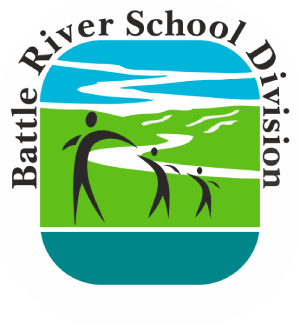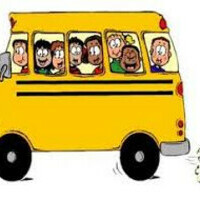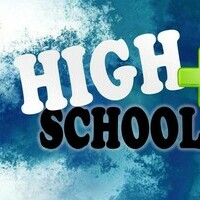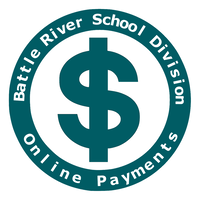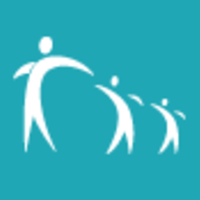Literacy
Why is Literacy Important?
Literacy plays a significant role in reducing gender, race, nationality, and religious inequality that favours one group over another in access to education, property, employment, health care, legal, and civic participation.
What is the best definition of literacy?
Literacy is the ability to read, write, speak and listen in a way that lets us communicate effectively and make sense of the world.
Literacy in Battle River School Division
BRSD uses the University of Oregon's assessment tool for assessing our students. DIBELS are measures that help teachers and schools determine how students are performing on important reading skills. DIBELS stands for Dynamic Indicators of Basic Early Literacy Skills. These measures are designed for students in grades K-8.
What skills are measured by DIBELS and why are they important?
The critical skills necessary for successful beginning reading include: phonemic awareness, phonics, fluency, vocabulary, and comprehension. The DIBELS measures assess students on four of these five critical skills, which are often referred to as the “Big Ideas” of reading.
Post-Assessment in the Classroom
Teachers use a variety of ways to impact student reading in the classroom. Sustained and specific intervention sessions based on the DIBELS results help students to focus on their areas of need. As well, teachers employ reading programs such as Guided Readers, Heggerty, decodable books, and UFLI (University fo Florida Literacy Interventions) just to name a few. BRSD believes in the Science of Reading philosophy to suppport student literacy.
What Is the Science of Reading?
The science of reading is a body of research that incorporates insights and research from disciplines that include developmental psychology, educational psychology, cognitive science, and cognitive neuroscience. The science of reading has been documented around the world, in all languages and cultures. In short, the science of reading has demonstrated the methods that best help children learn to read, from the earliest steps in spoken language to being able to successfully decode unfamiliar words.
Five Key Elements of Scientific Reading Instruction
- Comprehension
- Fluency
- Vocabulary
- Phonics
- Phonemic Awareness
